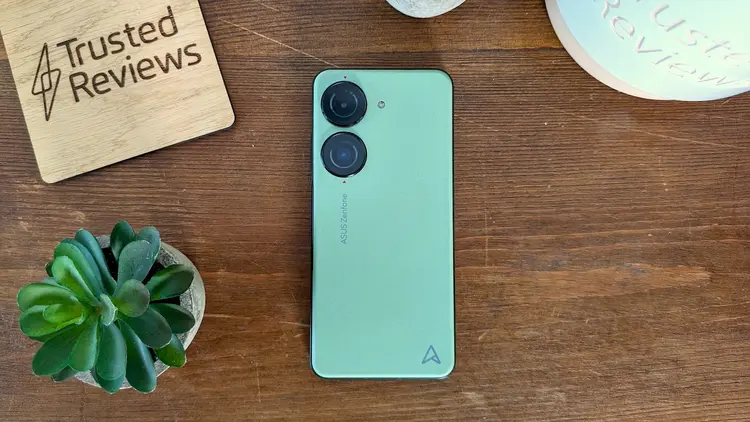Introduction
Laptops have become an essential part of our lives, whether for work, education, or entertainment. With countless options available in the market, finding the perfect laptop can be a daunting task. To make your search easier, we have compiled a list of key points to consider when buying a laptop. From performance to design and battery life, these factors will help you find a laptop that suits your needs and enhances your overall experience.
Key Points to Consider When Buying a Laptop
-
Performance:
One of the most important factors to consider when buying a laptop is its performance. Look for a laptop with a powerful processor, adequate RAM, and sufficient storage space. This will ensure smooth multitasking, faster application loading, and seamless performance for resource-intensive tasks like video editing or gaming.
-
Operating System:
Choose an operating system that aligns with your preferences and requirements. Windows laptops offer a wide range of software compatibility, while MacBooks provide a sleek and user-friendly experience. If you are into gaming, you might consider a laptop with a Linux distribution.
-
Display and Graphics:
The quality of the display and graphics is crucial, especially if you will be using the laptop for multimedia purposes or gaming. Look for a laptop with a high-resolution display, good color accuracy, and decent refresh rate. Additionally, dedicated graphics cards can enhance your gaming experience by providing smoother gameplay and better visual effects.
-
Keyboard and Trackpad:
Since you will be spending a significant amount of time on your laptop, it is important to have a comfortable keyboard and trackpad. Look for a laptop that offers good key travel, responsive keys, and a smooth and accurate trackpad. Additionally, backlit keyboards are handy for working in low-light environments.
-
Battery Life:
If you plan on using your laptop on the go, battery life becomes a critical factor to consider. Look for a laptop that offers a long battery life, ideally lasting for a full day of use. This will allow you to work or watch movies without constantly worrying about finding a power source.
-
Portability:
Depending on your needs, portability might be a significant consideration. If you travel frequently or need to carry your laptop around, look for a lightweight and compact option. Ultrabooks or 2-in-1 laptops can be a great choice, as they offer a perfect balance between power and portability.
-
Storage:
Consider your storage requirements when choosing a laptop. Solid-state drives (SSDs) offer faster read and write speeds compared to traditional hard disk drives (HDDs) and are becoming increasingly popular. However, if you need a large amount of storage space on a budget, an HDD might be a more suitable option.
-
Connectivity and Ports:
Check the available connectivity options and ports on the laptop. Make sure it has the necessary ports for your specific needs, whether it’s USB ports, HDMI, SD card slots, or headphone jacks. Additionally, consider if the laptop supports Bluetooth and Wi-Fi 6 for faster wireless connectivity.
-
Price and Value:
Finally, consider your budget and the overall value of the laptop. Evaluate the specifications, features, and performance in relation to the price. It is advisable to research and compare different models to ensure you are getting the best deal.
Main Takeaway
When buying a laptop, it’s important to consider factors such as performance, operating system, display and graphics, keyboard and trackpad, battery life, portability, storage, connectivity and ports, and price and value. By taking these factors into account, you can find a laptop that meets your needs and provides an excellent user experience. Remember to research and compare different models before making a final decision to ensure you get the best laptop for your needs and budget.













